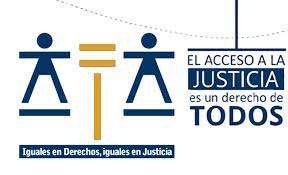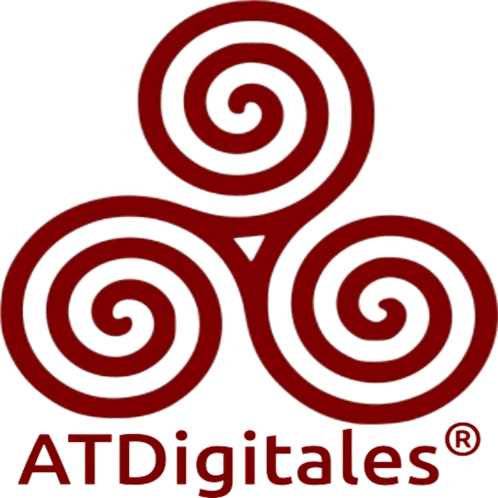Published in the BOE no. 59, of March 10, 2021, pages 27586 to 27624 the reform of the Regulations on Free Legal Aid, which repeals the previous one Royal Decree 996/2003, of July 25.
The Law 1/1996, of January 10, on Free Legal Assistance, configures the provision of free legal assistance, consisting of legal assistance, defense, free representation and also expert assistance, as a public service.
Article 6. Material content of the right.
[…]
6. Free expert assistance in the process by technical staff assigned to the judicial bodies, or, failing that, by officials, agencies or technical services dependent on the public administrations.
Exceptionally, and when due to the lack of technicians in the matter in question, the expert assistance of experts dependent on the judicial bodies or public administrations is not possible, this will be carried out, if the Judge or the Court deems it pertinent, in a reasoned resolution, by experts designated in accordance with what is established in the procedural laws, among the corresponding private technicians.
The Judge or Court may decide in a reasoned resolution that free specialized expert assistance be carried out by private technical professionals when it must be provided to minors and people with mental disabilities who are victims of abuse or mistreatment, taking into account the circumstances of the case and the best interests of the minor or the person with a disability, and may be provided immediately.
[…]
Although the new Regulation seeks to standardise the monthly payment of the free legal aid subsidy in the autonomous communities that have not assumed powers in matters of Justice and, in theory, also the corresponding operating and infrastructure costs, the role of non-civil servant judicial experts as auxiliary agents of Justice is once again forgotten. Despite recognising that expert evidence entails an economic cost for citizens who do not have the necessary resources to cope with it.
For those experts assigned to the lists of free legal aid, the new regulations do not change with respect to the previous decree:
TITLE IV
Free expert assistance
Article 51. Payment of fees.
1. The payment of fees accrued by professionals referred to in the second paragraph of article 6.6 of Law 1/1996, of January 10, on free legal assistance, shall be the responsibility of the Ministry of Justice, except in the following cases:
a) When the judgment that ends the process contains a ruling on costs in favor of the holder of the right to free legal assistance.
b) When the holder of the right to free legal assistance wins the lawsuit and there is no express ruling on costs in the judgment, the benefits obtained by the holder in the procedure exceed three times the amount of the costs incurred in his defense.
2. In the event that the judgment that ends the proceedings condemns the holder of the right to free legal assistance to pay costs, he shall be obliged to pay for the expert reports carried out by private experts, if within three years following the end of the proceedings he becomes more fortunate. To make this obligation effective, the procedure referred to in article 21 shall apply.
Article 52. Economic cost of expert evidence.
1. Before the expert test is carried out, the private technician appointed in accordance with the provisions of the second paragraph of article 6.6 of Law 1/1996, of January 10, on free legal assistance, will send to the Management of the Ministry of Justice competent by reason of territory, for approval, a forecast of the economic cost of the same, which will necessarily include the following details:
a) Estimated time for carrying out the appraisal and assessment of the cost per hour.
b) Expenses necessary for its implementation.
c) Copy of the court ruling that led to the test being carried out.The initial cost estimate will be automatically approved if, within one month of its submission, the Territorial Management does not raise any objections to its quantification.
2. The fee schedule will be adjusted to the estimated economic cost, approved in accordance with the provisions of the previous section. In order to accrue the fee, the professional will also provide documents that prove the recognition of the right to free legal assistance of the person who requested the expert evidence and the ruling of the judicial body on the costs generated by the process.



